Call for papers:
Media Representations of ‘Antisocial Personality Disorder’
Wednesday, 16th September 2015
Bournemouth University
ESRC Seminar Series: Cross Disciplinary Perspectives on ‘antisocial personality disorder
This day-event is being organised as part of the ESRC sponsored seminar series ‘Cross Disciplinary Perspectives on antisocial personality disorder’ (aspd-incontext.org) and is being run in association with the Faculty of Media and Communication at Bournemouth University and the ‘Media and the Inner World’ research network.
We are using ‘Antisocial personality disorder’ as a shorthand for a range of labels used to describe individuals who seem to act in very antisocial ways but who otherwise appear to have a clear understanding of the world. A central thesis of this series is that the kinds of difficulties that are likely to involve the use of labels like ASPD need to be understood within broader historical, cultural and socio-political contexts than many psychological and psychiatric constructs allow.
This event is designed to explore the ways in which the meanings of ASPD have been shaped by the representations of ‘antisocial’ or ‘deviant’ identities in wider culture – in art, literature, film, television and news media. One can find such representations in classic literary depictions of antiheroes like Heathcliff in Emily Brontë’s Wuthering Heights or Camus’s L’etranger. Lionel Shriver’s 2003 novel and later film adaptation, We Need to Talk about Kevin provides a more contemporary example of a portrayal of an antisocial individual that provoked discussion about the gendered dynamics of the family and maternal ambivalence. Cinematic representations of psychological disturbance can be found in the ‘outsider’ despair and destructiveness of Travis Bickle in Taxi Driver (Scorsese, 1976), or in representations of jealous women in films such as Fatal Attraction (Lyne, 1987) or Gone Girl (Fincher, 2014). On TV, the proliferation of forensic detective dramas such as CSI (CBS, 2000) or legal dramas such as Silk (BBC1, 2001), often trouble the boundaries of ASPD and its meanings as a psychological condition.In news media, representations of mental health are also widespread in efforts to understand the subcultural shaping of individuals such as Dylann Roof, Timothy McVeigh, Mohammad Sidique Khan and others committing acts of ‘terror’.
Whilst such images contribute to the cultural shaping of ASPD, they in turn can have influence on legal and psychiatric debates about the nature of dangerous individuals. As the role of Taxi Driver in the trial of John Hinckley (who attempted to assassinate Ronald Reagan) illustrated, the interaction of media, psychiatry and law can be very direct and can have powerful implications. It is important therefore to explore the ways in which images of ASPD in popular culture also influence the fields of forensic psychotherapy, psychiatry and the law.
We are therefore inviting submissions from people who have an interest in media representations of ‘antisocial personality disorder’ and their significance to psychiatry and socio-legal contexts.
As this is sponsored by the ESRC we be able to pay modest travel and accommodation costs for speakers.
If you are interested in contributing, please send a 300 word abstract to:
· Dr David W Jones, Reader in Psychosocial Studies, University of East London (d.jones@uel.ac.uk)
Closing Date: 7th August (we will let people know soon after)
The organisers
· Dr David W Jones, Reader in Psychosocial Studies, University of East London (d.jones@uel.ac.uk)
· Dr Chris Scanlon, Group Analyst and Principal Lecturer in Psychosocial Studies, University of East London. (c.scanlon@uel.ac.uk)
· Professor David Gadd (University of Manchester)
· Candida Yates, Professor of Culture and Communication, Faculty of Media and Communication, Bournemouth University (cyates@bournemouth.ac.uk).
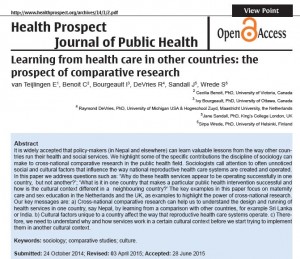


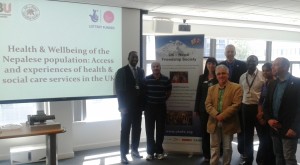
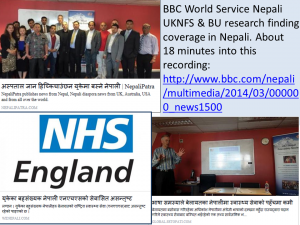 uth Asian and broader Black & Minority Ethnic (BME) communities in the UK.
uth Asian and broader Black & Minority Ethnic (BME) communities in the UK.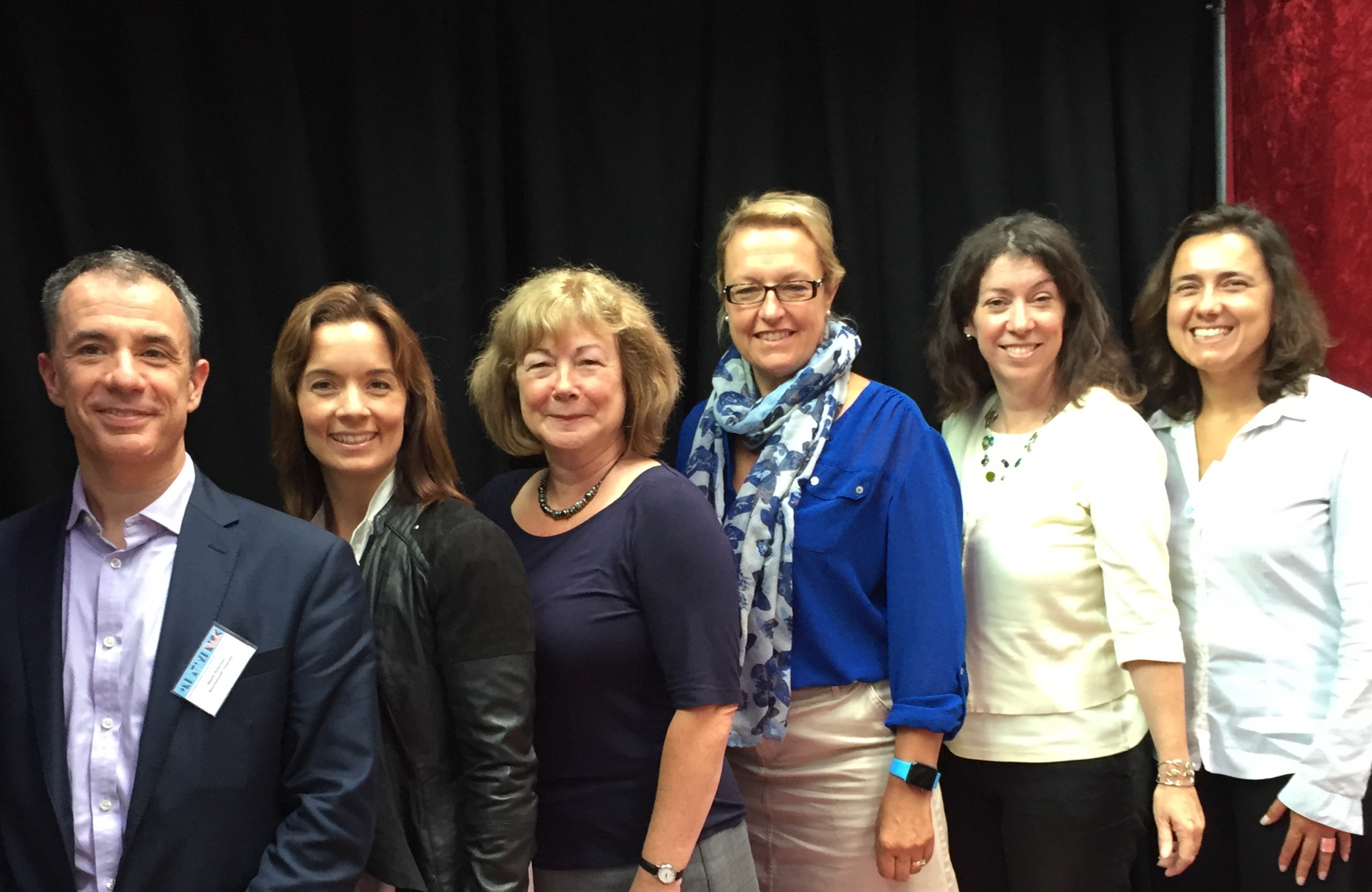
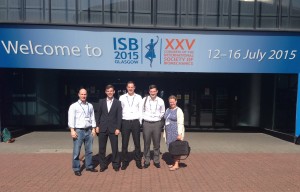
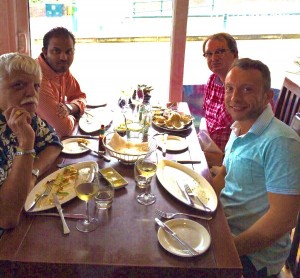

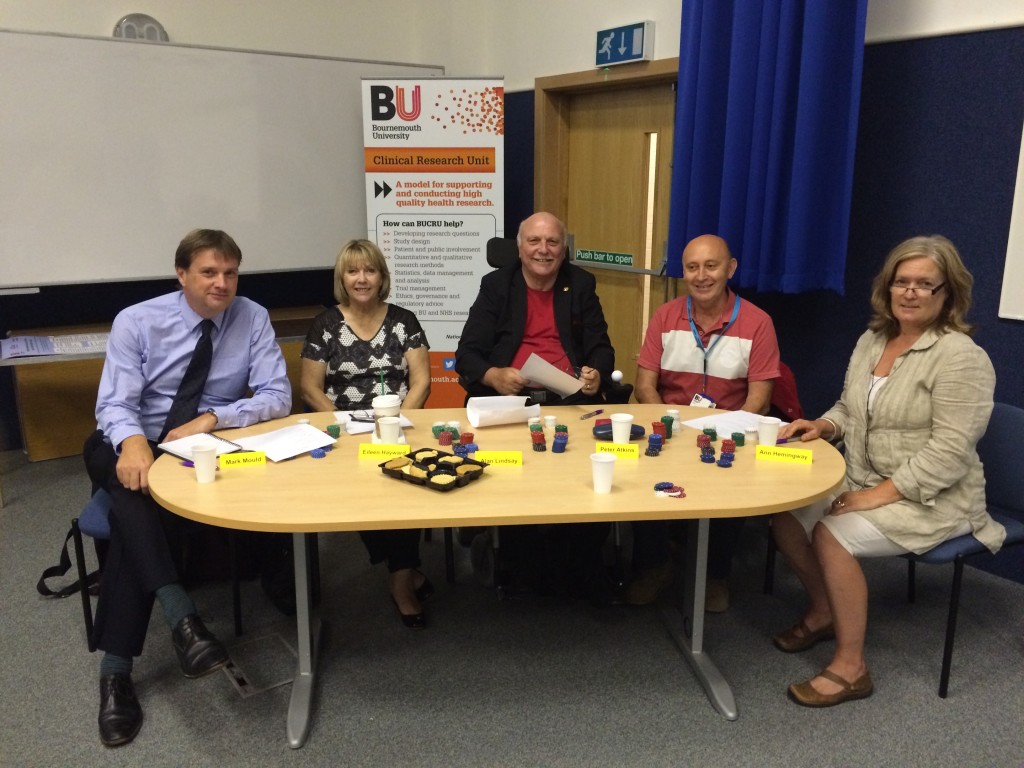



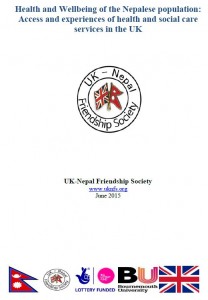


 This e-learning tool has been developed with funding from the Big Lottery Fund, and builds on previous work which has used participatory performative research methodologies, including performance poetry to enable young people with disabilities (aged 14-20 years) to explore the nature of disability within society and their own experiences of being disabled. The previous outputs from this project have included live performances as part of the Cultural Olympiad 2012, local literary festivals, a performance at the House of Commons in December 2014, as well as a documentary film
This e-learning tool has been developed with funding from the Big Lottery Fund, and builds on previous work which has used participatory performative research methodologies, including performance poetry to enable young people with disabilities (aged 14-20 years) to explore the nature of disability within society and their own experiences of being disabled. The previous outputs from this project have included live performances as part of the Cultural Olympiad 2012, local literary festivals, a performance at the House of Commons in December 2014, as well as a documentary film ![photo[2]](https://microsites.bournemouth.ac.uk/hsc/files/2015/07/photo2-e1437396081780-224x300.jpg)











 REF Code of Practice consultation is open!
REF Code of Practice consultation is open! BU Leads AI-Driven Work Package in EU Horizon SUSHEAS Project
BU Leads AI-Driven Work Package in EU Horizon SUSHEAS Project Evidence Synthesis Centre open at Kathmandu University
Evidence Synthesis Centre open at Kathmandu University Expand Your Impact: Collaboration and Networking Workshops for Researchers
Expand Your Impact: Collaboration and Networking Workshops for Researchers ECR Funding Open Call: Research Culture & Community Grant – Apply now
ECR Funding Open Call: Research Culture & Community Grant – Apply now ECR Funding Open Call: Research Culture & Community Grant – Application Deadline Friday 12 December
ECR Funding Open Call: Research Culture & Community Grant – Application Deadline Friday 12 December MSCA Postdoctoral Fellowships 2025 Call
MSCA Postdoctoral Fellowships 2025 Call ERC Advanced Grant 2025 Webinar
ERC Advanced Grant 2025 Webinar Update on UKRO services
Update on UKRO services European research project exploring use of ‘virtual twins’ to better manage metabolic associated fatty liver disease
European research project exploring use of ‘virtual twins’ to better manage metabolic associated fatty liver disease